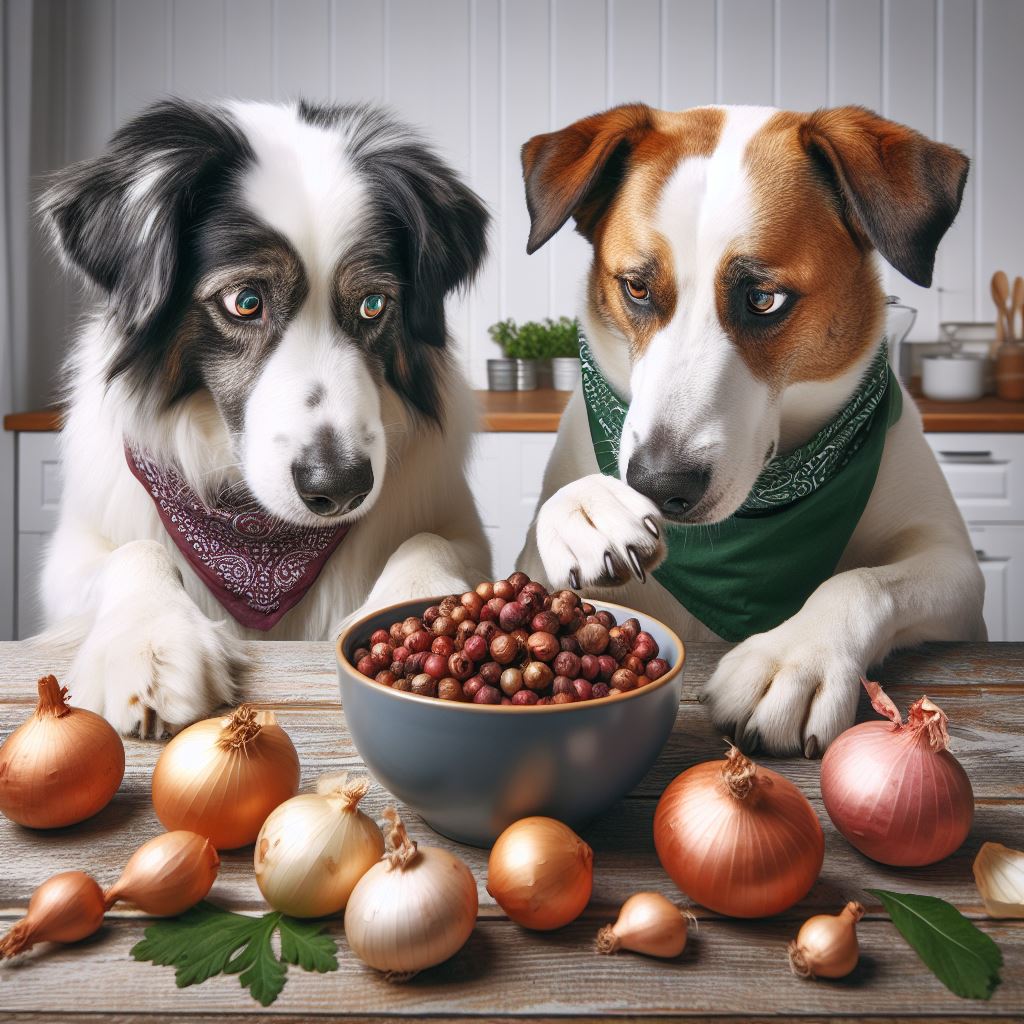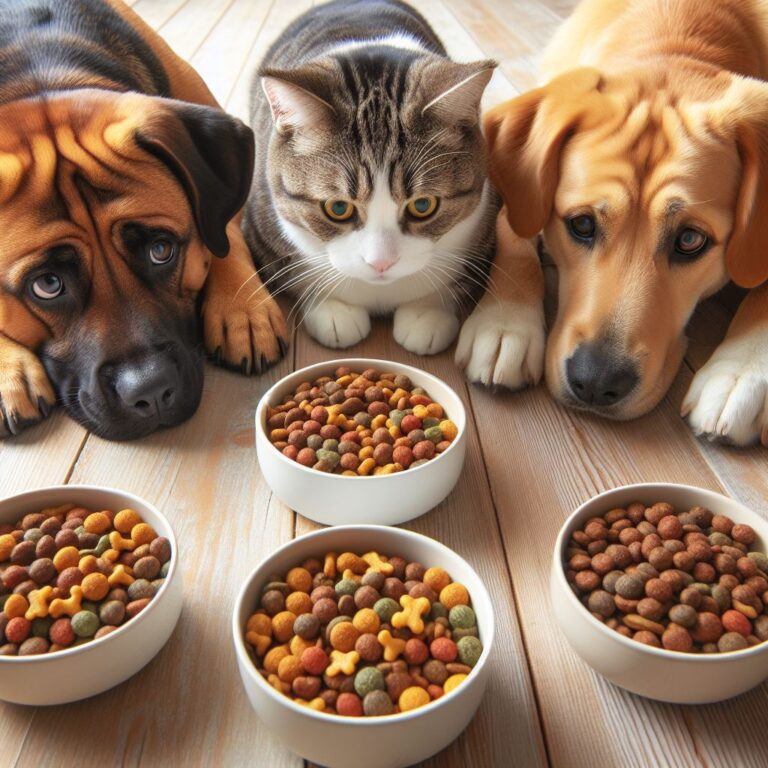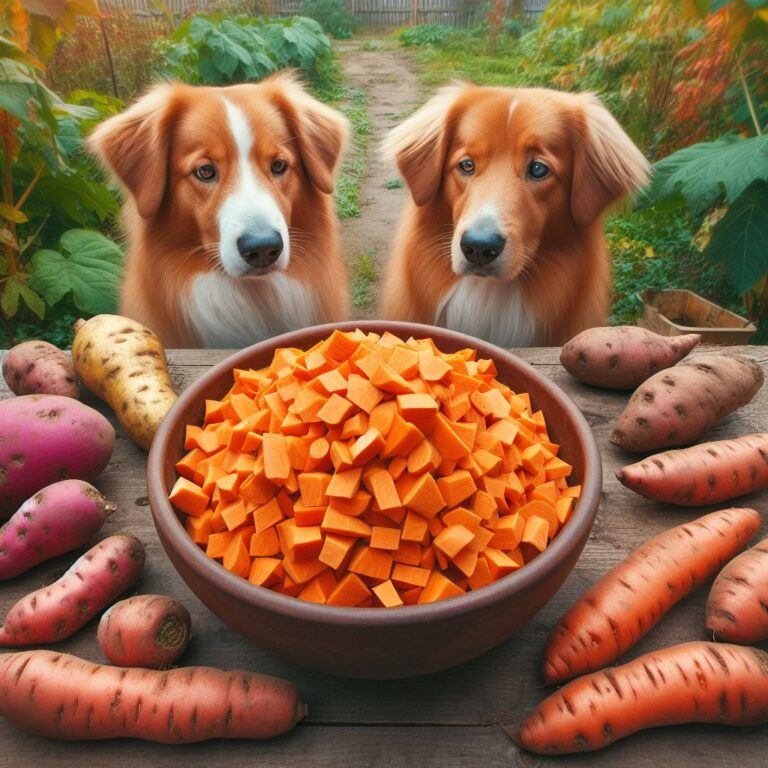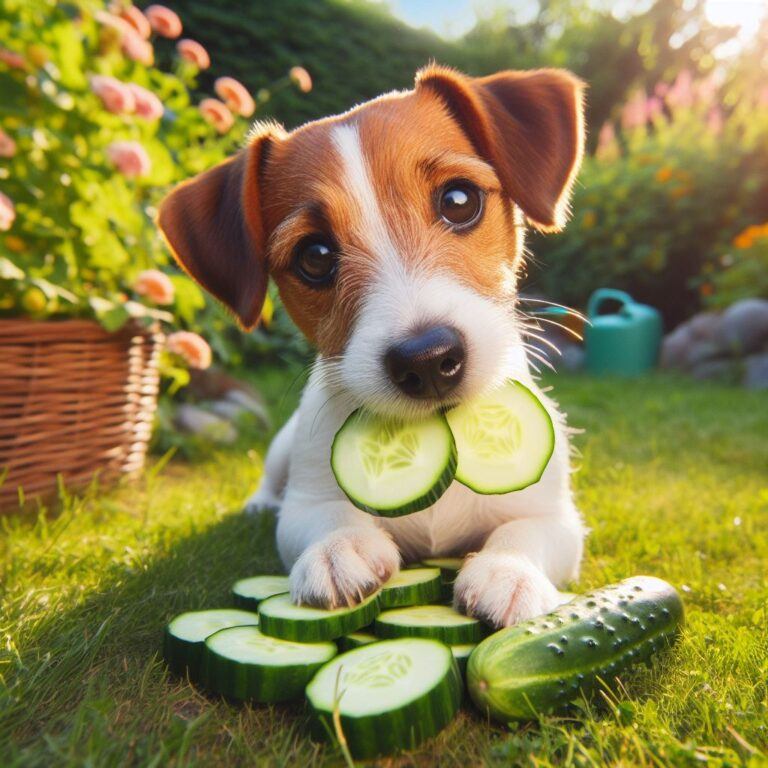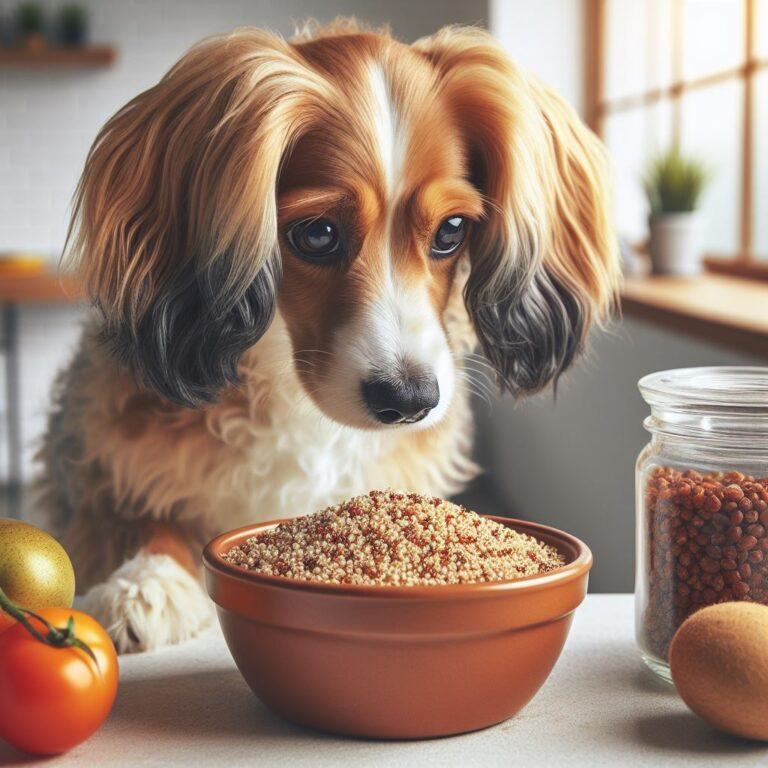Can Dogs Safely Eat Shallots
The answer is a resounding NO. Shallots, like other members of the allium family, contain compounds that can be harmful to your dog’s health. Despite the popularity of shallots in our kitchens due to their unique flavor and health benefits for humans, these do not translate to canine safety.
The compounds found in shallots that make them unsuitable for dogs include thiosulfates, which can lead to oxidative damage in red blood cells and result in a condition known as hemolytic anemia.
Authoritative sources like the American Society for the Prevention of Cruelty to Animals (ASPCA) list shallots and related alliums as toxic to dogs.
This is a widely agreed-upon fact within the veterinary community, and it’s supported by both research and clinical observations. Even in small amounts, the consumption of shallots can lead to digestive upset and more serious health complications for dogs.
If by any chance your dog has ingested a shallot, it’s important to recognize the urgency of the situation. Time is critical, and immediate veterinary attention is required.
As a responsible pet owner, familiarizing yourself with the symptoms of allium poisoning and knowing the actions to take can save your pet’s life.
Understanding the Risks and Why Shallots Are Harmful to Dogs
When I unravel the layers of why dogs and shallots don’t mix, it boils down to a group of compounds known as thiosulfates. These are naturally occurring in all members of the allium family, which includes garlic, onions, leeks, and shallots.
Though flavorful for us, thiosulfates are a no-go for dogs as they can lead to a dangerous condition known as hemolytic anemia.
If your dog eats shallots, their body will struggle to process thiosulfates, leading to the destruction of red blood cells, and this means less oxygen circulating through their body.
The clinical term for this is oxidative damage, which can be severe and even fatal.
Signs of allium poisoning can vary, but generally, if a dog ingests shallots, they might show symptoms like vomiting, diarrhea, abdominal pain, or lethargy within a few days. Their urine might also darken, which is a classic sign to look out for.
In case of shallot ingestion, immediate action is critical. CALL YOUR VETERINARIAN. They might recommend inducing vomiting, providing supportive care, or in some cases, a blood transfusion.
The best approach to protecting your dog is prevention. Keep shallots well out of reach, and always be attentive to what they’re eating. It’s part of ensuring their safety and wellbeing.
Safe Alternatives to Shallots
I emphasize the utmost importance of keeping your dog’s diet safe and suitable. Since shallots are off-limits, let me share a variety of dog-friendly foods that can be enjoyable and beneficial substitutes.
Crunchy carrots, juicy apples minus the core and seeds, and refreshing cucumber are some favorites that not only add a punch of nutrition but also keep your dog’s teeth clean and breath fresh.
When it comes to meeting the nutritional requirements of your dog, I always advocate for a balanced diet formulated specifically for dogs. This ensures that all their dietary needs are met without the risks that human foods can pose.
Consulting with a vet before introducing new foods to your dog’s diet can’t be overstated. They can provide personalized guidance that takes into account your dog’s health, breed, and lifestyle.
Concluding, responsible pet ownership includes being informed about what’s best for your dog’s diet. Stick to dog-approved foods and always keep a watchful eye for any signs of distress that might indicate something is amiss.

